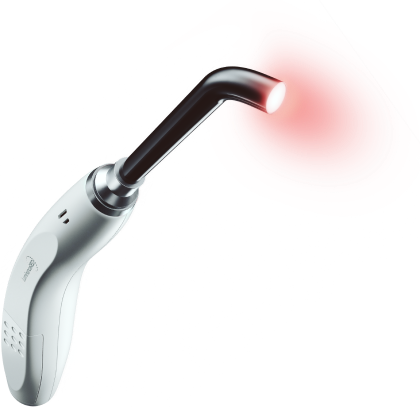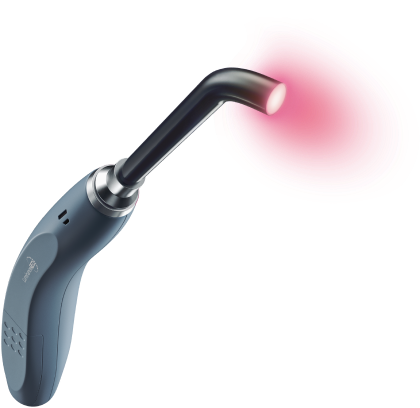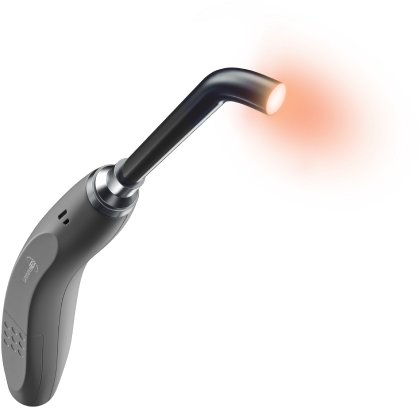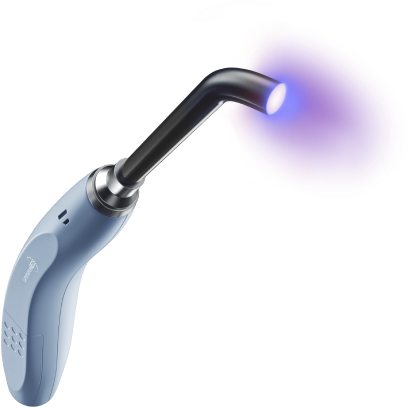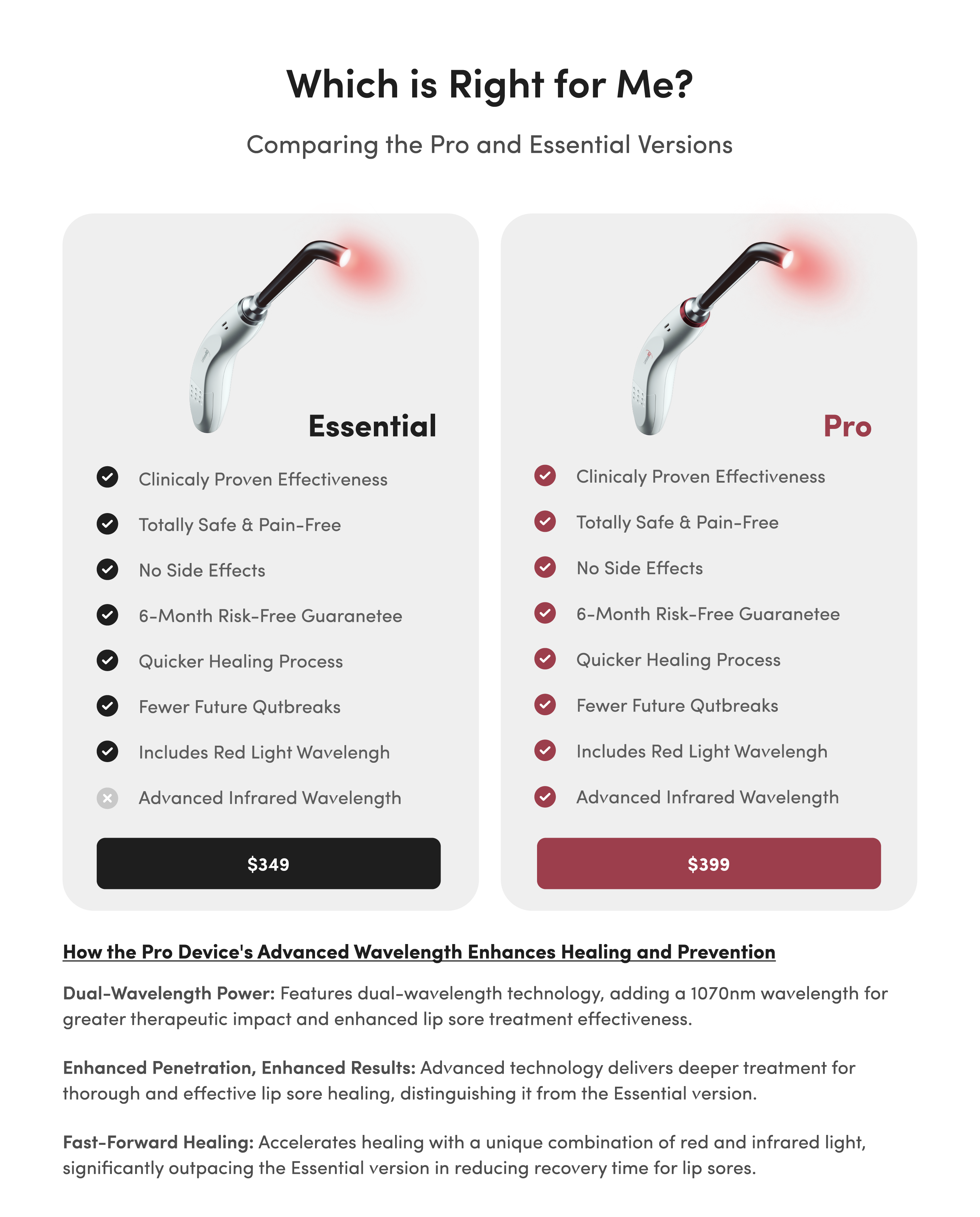Reminder: A Sore Throat & Herpes Could Be Serious!

For most people, a sore throat is simply a nuisance that develops a few times a year as the result of allergies or the common cold.
But what if it’s more than that?
A sore throat is also a common sign of genital herpes and the lesser-known herpes esophagitis.
If your sore throat doesn't disappear after a few days, it may be more than a seasonal illness. Be sure to evaluate your symptoms to determine the real root cause of your sore throat.
Can Genital Herpes Cause a Sore Throat?
Most people would never guess that a sore throat could be triggered by genital herpes, but they are indeed connected!
Genital herpes causes more than uncomfortable sores around the genital region. The herpes simplex virus type 2 (HSV-2) is also known to cause fatigue, headache, muscle aches, swollen lymph nodes, and yes, a sore throat. People with genital herpes who develop sore throat should seek professional help.
Some people who contract genital herpes are lucky enough to remain asymptomatic for their entire lives, but most people quickly develop signs of their first breakout. This first episode of genital herpes usually triggers the most intense flu-like symptoms and may take weeks to clear up.
Genital herpes sores first appear as small white blisters, which eventually turn into soft wet ulcers. Over time, a new layer of skin begins to form to help the outbreak heal. In some cases, the herpes virus doesn't remain in one place. It spreads to other areas of the body, including the throat.
When the herpes outbreak spreads into the throat, a separate condition called herpes esophagitis develops.
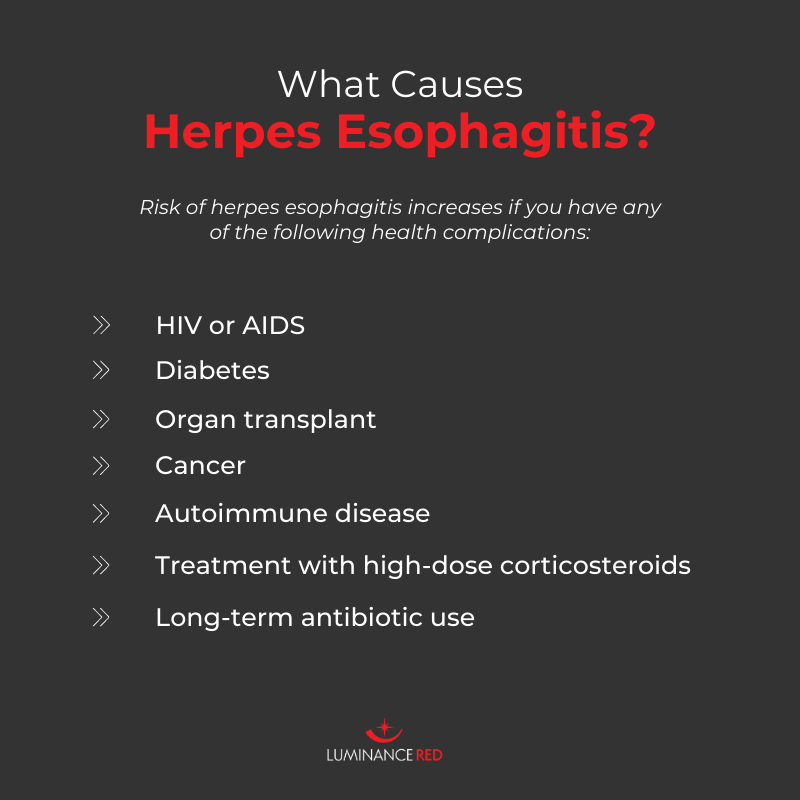
Herpes Esophagitis: A Lesser-Known Type of Herpes
Symptomatic genital herpes is impossible to ignore, but there’s another form of herpes that may not be so obvious: herpes esophagitis.
What is the Esophagus?
Simply put, the esophagus is the “food pipe” of your body. It’s the part of the digestive system that runs down from the back of your throat to carry foods and liquids from mouth to stomach.
The esophagus is vulnerable to a number of diseases, including cancer, reflux, and even herpes.
How is Herpes Esophagitis Caused?
All forms of esophagitis involve inflammation and irritation of the esophagus. The most common type of esophagitis is caused by acid reflux, but it can also be activated by HSV-1 or HSV-2. When the herpes virus infections the esophagus region, it’s known as herpes esophagitis.
The majority of people who develop herpes esophagitis have a weakened immune system that is more vulnerable to viral infection. In particular, your risk of herpes esophagitis increases if you have any of the following health complications:
- -HIV or AIDS
- -Diabetes
- -Organ transplant
- -Cancer
- -Autoimmune disease
- -Treatment with high-dose corticosteroids
- -Long-term antibiotic use
How Is Herpes Esophagitis Transmitted?
Herpes esophagitis can be transmitted through an existing HSV-1 or HSV-2 infection. HSV-1, best known for causing cold sores, is the predominant cause of herpes esophagitis. Mouth-to-mouth contact easily passes the herpes virus through saliva and may trigger inflammation and infection in the throat.
It’s also possible to develop herpes esophagitis through the transmission of HSV-2, known for causing genital herpes. Engaging in oral sex with someone in the midst of a genital herpes outbreak may lead to this throat infection.

What To Do If You Suspect You Have Herpes Esophagitis
Herpes esophagitis isn’t easy to see or detect. Many of the symptoms for this condition overlap with standard cold and flu symptoms, which can cause confusion:
- -Joint pain
- -Chills
- -Fever
- -Difficulty swallowing
If you start to experience these problems after contact with somebody with an active herpes outbreak, contact your doctor. He can examine your esophagus with a small, lighted camera to search for physical signs of the herpes virus.
Diagnostic tools such as a throat swab or urine test can confirm or deny your herpes esophagitis condition. Fortunately, treatment is fairly easy with an antiviral drug like Zovirax or Valtrex.
It's even possible to avoid herpes esophagitis altogether with careful hygiene practices. Moving forward, sometimes the simplest acts are the most powerful. Implement these hygiene best practices to ensure you don’t accidentally spread herpes esophagitis to your partner.
- -First and foremost, avoid kissing, oral sex during active lesions
- -Keep the infected area clean and dry
- -Avoid touching sores
- -Wash your hands immediately after any possible contact with sores
- -DON’T pick at sores since this will cause infection
- -DON’T make choices that you know can trigger an outbreak
Cut Your Healing Time in Half with the Luminance RED
The time spent waiting for a HSV-1 outbreak to heal can feel agonizing, especially if you're waiting for your cold sores to disappear before becoming intimate again.
For clinically proven results that you can count on, try the Luminance RED instead. The Luminance RED device harnesses breakthrough medically optimized LED technology to beat cold sores at their own game. In fact, patients who received treatment in clinical trials experienced a 49% reduction in healing time compared to those who weren’t treated.










